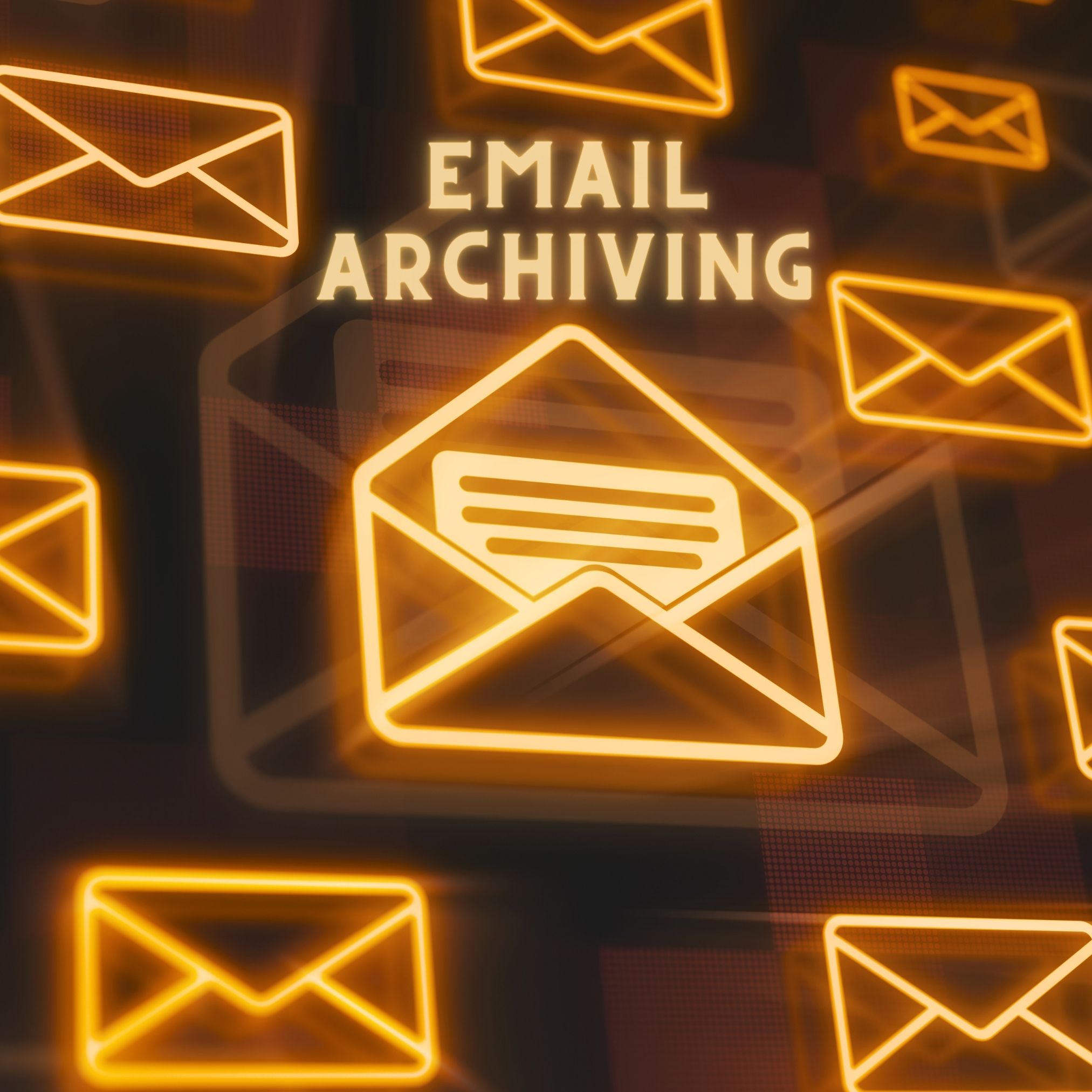An email has become an integral part of our daily lives, and when it comes to businesses, emails are often used to communicate with customers and collect data. But have you ever thought about how to store all those emails? Email archiving is a great way to ensure all your emails are securely stored and easily retrievable – but what exactly is this process? Read on in this article to find out the different types, benefits, uses, and future of email archiving for businesses.
Introduction
Email archiving is the process of saving email messages for long-term storage. Many businesses use email archiving to store important customer communications and business records. Email archiving can also help your business manage email more effectively and improve compliance with government regulations.
There are two main types of email archiving: on-premises and cloud-based. On-premises solutions are installed on your company’s servers, while a third-party provider host cloud-based solution. Both types of solutions to have their benefits and costs.
On-premises solutions can be more expensive than cloud-based solutions, but it offers some advantages, such as greater control over your data and the ability to customize your solution to meet your specific needs. Cloud-based solutions can be less expensive and easier to set up than on-premises solutions, but you may have less control over your data.
this technology can offer many benefits to your business, including improved email management, increased compliance with government regulations, and better protection of your business’s intellectual property. This technology can also help you save money by reducing the amount of storage space you need for your email system and improving the efficiency of your backups.
Types of Solutions
There are three email archiving solutions: on-premises, cloud-based, and hybrid.
On-premises solutions are installed and managed on your servers. The benefits of on-premises solution nclude greater control over your data and lower costs. However, on-premises solutions can be complex to set up and maintain.
A third-party provider hosts cloud-based solution. The benefits of cloud-based solutions include ease of set-up and flexibility. However, cloud-based solutions can be more expensive than on-premises solutions.
Hybrid solutions combine on-premises and cloud-based components. The benefits of hybrid technology include the best of both worlds: the control of an on-premises solution with the ease of a cloud-based solution. Hybrid solutions can be more expensive than both on-premises and cloud-based solutions.
Benefits
This technology provides many benefits for businesses, including improved compliance, easier eDiscovery, reduced storage costs, and more.
Compliance:
This process can help businesses meet various compliance requirements, such as the Sarbanes-Oxley Act (SOX), the Gramm-Leach-Bliley Act (GLBA), the Health Insurance Portability and Accountability Act (HIPAA), and more. By storing emails in a central repository, businesses can ensure that all emails are properly archived and can be easily retrieved if needed for compliance purposes.
E-Discovery:
This technology can also help simplify the eDiscovery process in the event of litigation. All emails stored in a central repository can be easily searched and retrieved as needed, saving time and money.
Storage Costs:
By archiving email messages, businesses can free up their email servers’ space and reduce storage costs. Additionally, some email archiving solutions offer deduplication capabilities, reducing storage costs by eliminating duplicate copies of emails.
How to Use Email Archiving for Your Business
Email archiving is collecting and storing email messages in a central location. There are many benefits to using email archiving for businesses, including reducing the risk of data loss, improving email search and discovery, and complying with regulatory requirements. Here’s a closer look at how email archiving can help your business:
Reduce the risk of data loss:
This process can help protect your business against data loss by providing a secondary copy of all email messages. If your primary email system fails, you’ll still be able to access your archived messages.
Improve email search and discovery:
Archived email messages can be searched and retrieved quickly and easily, making it easier to find the information you need when you need it. This process can save time and improve productivity.
Complying with regulatory requirements:
Many businesses must archive email messages for compliance purposes. This technology can help ensure that you meet these requirements.
The Future
As businesses increasingly rely on email for communication, the importance of email archiving is growing. Email archiving helps businesses ensure that important communications are preserved and can be accessed later. Many different types of email archiving solutions are available, each with its own benefits and uses.
The future of email archiving looks promising. With the continued growth of email usage in business, the need for effective solutions will only increase. Many new and innovative solutions are being developed all the time, so businesses have many options to choose from when it comes to preserving their email communications.
Conclusion
Email archiving is an essential tool for businesses of any size as it can help them to store, secure, and access their emails quickly and easily. With its various types, benefits and uses available, your business can take advantage of the cost savings that come with reducing storage and compliance costs while increasing productivity. As technology advances, email archiving solutions will follow suit to ensure businesses remain ahead of the curve when managing their data efficiently.
Visit our website to know more!
Follow us on LinkedIn:


